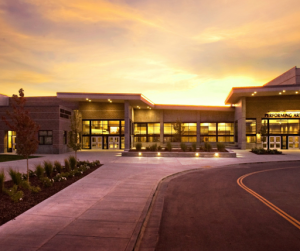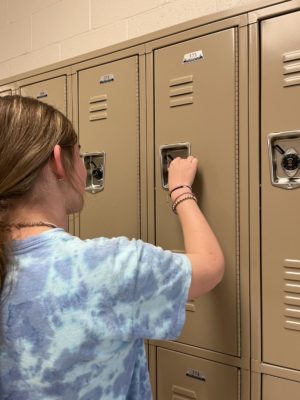Senioritis
May 9, 2023
As the end of the year comes everyone gets tired of school and wants it to be over, especially seniors who get unmotivated and just want to graduate. This is a feeling of disinterest towards schoolwork and academics that can lead to a decline in grades and overall performance.
The causes of senioritis are many, but often stem from a feeling of burnout after years of hard work in high school. Seniors may feel like they have already achieved everything they set out to do and that there is no point in putting in any more effort. They may also be distracted by the excitement of upcoming events such as prom, graduation, and college acceptance letters, leading to a lack of focus on academic tasks. Another factor that can contribute to senioritis is the perception that grades in the final year of high school do not matter as much as they did in previous years, as long as students have already been accepted into college or have achieved their desired GPA.
The symptoms of senioritis can be seen in a variety of ways. Students may skip classes or arrive late, neglect homework assignments and procrastinate on projects and essays. They may lose interest in extracurricular activities and social events, preferring to spend their time on other pursuits. Senioritis can also manifest as a lack of motivation to study for important exams, resulting in lower test scores and a decline in academic performance.
The consequences of senioritis can be significant and long-lasting. Poor grades in the final year of high school can impact college admissions decisions and scholarship opportunities. Students who do not complete their coursework or graduate with a lower GPA may find it more difficult to secure employment after graduation. Senioritis can also lead to a lack of preparation for college, as students may enter their freshman year unprepared for the rigors of higher education.
There are ways to prevent or overcome senioritis. One strategy is to set realistic goals and maintain a sense of purpose throughout the final year of high school. This can include setting goals for academic achievement, participating in extracurricular activities, and planning for the future. Another way to prevent senioritis is to stay engaged in the classroom by asking questions, participating in discussions, and seeking help from teachers when needed. Additionally, maintaining a healthy balance between schoolwork and social activities can help prevent burnout and maintain focus on academic goals.
Asking Kaylee Caldwell, a senior she says “I didn’t find senioritis it found me. Being a senior has its pros and cons, pros I can get to graduate and grow up and live my life. Con, I have to sit through sports med, peer tutor, and government. Knowing I’ve been accepted into college the last big oof high school is proven to be difficult.”
Next Jack Andrews says, “senioritis is different for everyone especially myself, I only have two classes at rocky so I have no motivation to even go to those classes half of the time, even if they are easy classes”.
Senioritis is a common condition that affects many high school seniors as they near the end of their final year. It is characterized by a lack of interest in academics and can lead to poor grades, decreased motivation, and a lack of preparation for college. However, with the right strategies and mindset, seniors can prevent or overcome senioritis and finish their high school careers on a positive note.




